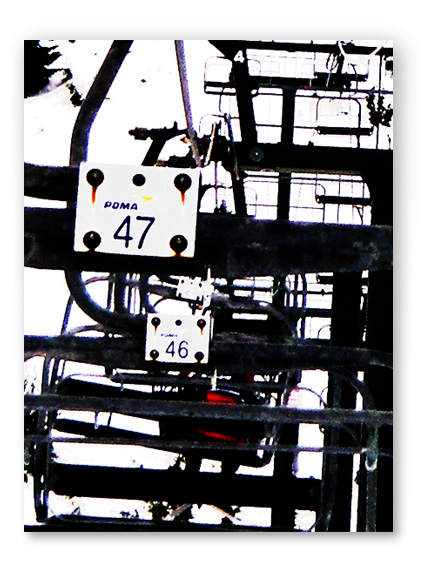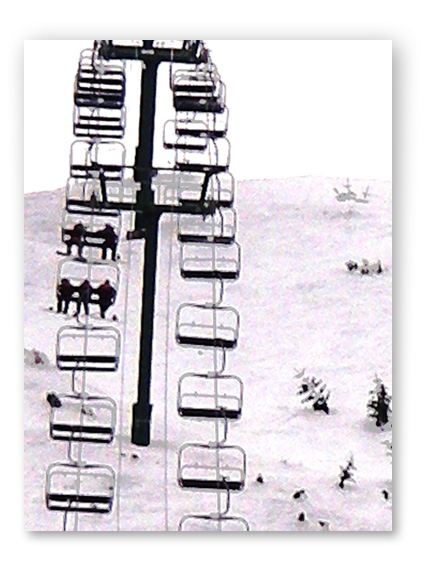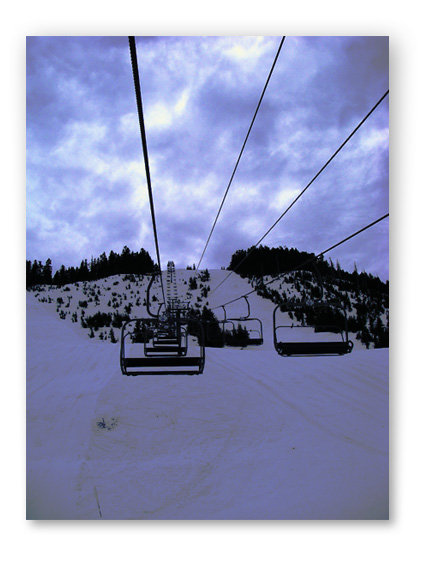My post about Toronto kicking Vancouver’s tagass has prompted a few observations about one important requirement; a much higher degree of math skills.
Michael Tippett of NowPublic was the first to make mention of adjusting things on a per capita basis. That puts Vancouver well ahead (see Michael’s comment).
W.G. Arndt of mod7 makes the case for Vancouver and manages to coin a new measurement system:
No, dude, you’re totally looking at this the wrong way. It’s just a matter of math.
Metro Toronto population: 5.3 million (2005 est.)
Metro Vancouver population: 500,000 (2005 est.)
2,000/5,300,000 = 3.77 x 10(-4) TO blog posts per capita
1,200/500,000 = .002 Van blog posts per capita
When it comes to un-equal un-democratically biased representation of blog posts per person, (Gross National Blog Representation, or GNiBbeR), Vancouver kicks TO’s ass 5.3 times over.
(You might want to verify my pop #’s, but you get the point)
We might want to check Canada’s Gnibber against the US’s.
I can hear the CBC announcer now:
“Meanwhile, latest figures in the on-going tag wars released today show Vancouver leading Toronto by at least 3 GNiBbeR points”.
It’s got a kind of je-ne-sais-quoi, don’t you think?







